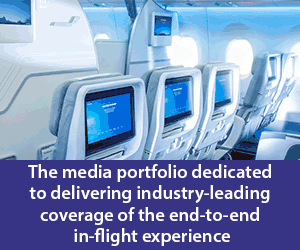
Viasat has announced that the company recently demonstrated a UK satellite-based augmentation system (UK SBAS) for the first time, showing how highly accurate GPS data can maximise safety and improve efficiency.
The test flight from Cranfield Airport was operated with the National Flying Laboratory Centre’s Saab 340B aircraft and showcased how UK-based SBAS delivers more precise and reliable navigation data. Viasat says its research with a regional flight operator indicated that close to 40% of flights that had been cancelled due to weather could have gone ahead had UK SBAS been available for its fleet.
Dean Thomas, Position, Navigation and Timing Lead at the UK Space Agency noted: “This testbed project is vital in helping Government understand the potential benefits of a UK SBAS.
“The flight trial both demonstrates the capability of UK industry in delivering space based PNT solutions and illustrates the benefits of delivering UK PNT projects facilitated by ESA, through the highly flexible NAVISP programme.”
According to Viasat, the UK SBAS works by combining ground monitoring data with satellite connectivity to provide more reliable navigational data and when it comes to aviation, the system gives pilots greater trust in their onboard instruments, which has major implications when pilots may not be able to physically see a runway or other obstacles due to bad weather.
Viasat says this means improved safety and fewer missed landings because especially smaller aircraft pilots who are flying into regional airports and general aviation airfields can get significantly closer to the ground during an approach before making the decision whether to land.
Todd McDonnell, President, International Government, Viasat, said: “This trial on a sovereign UK SBAS is all about delivering trust. Trust for pilots in their tracking systems so they can stay safe in challenging conditions. Trust for the aviation industry more broadly so it can rely on data to operate more efficiently. And, in the future, trust that we can use highly accurate tracking to develop Britain’s transport system as new technologies come into play.
“We’re excited to continue the trial and see how far we can take it.”





